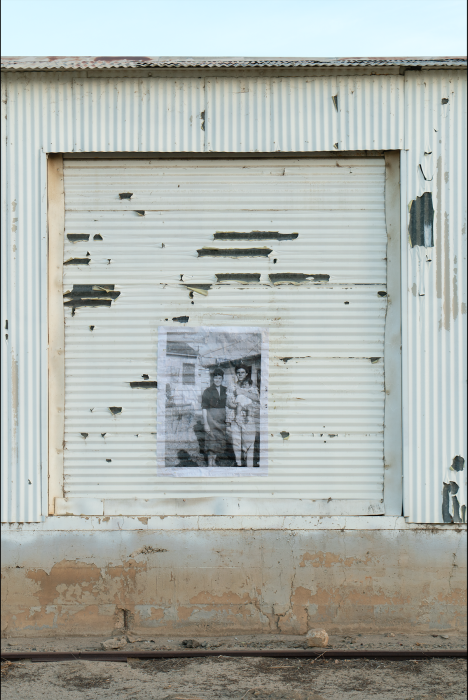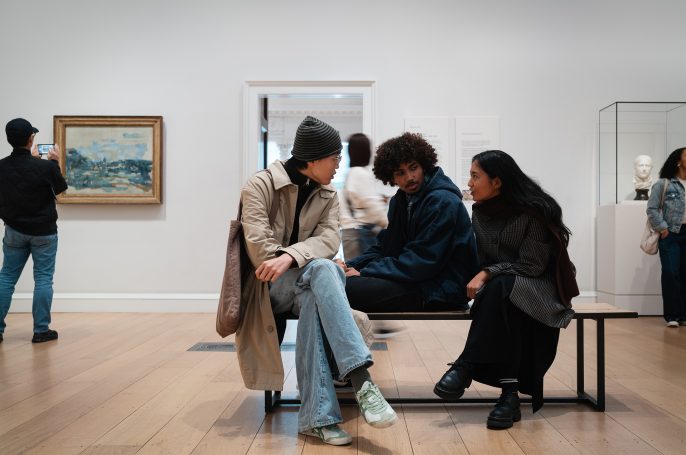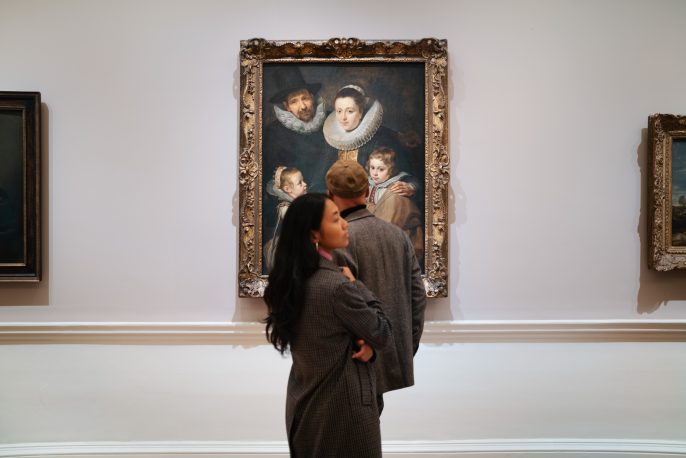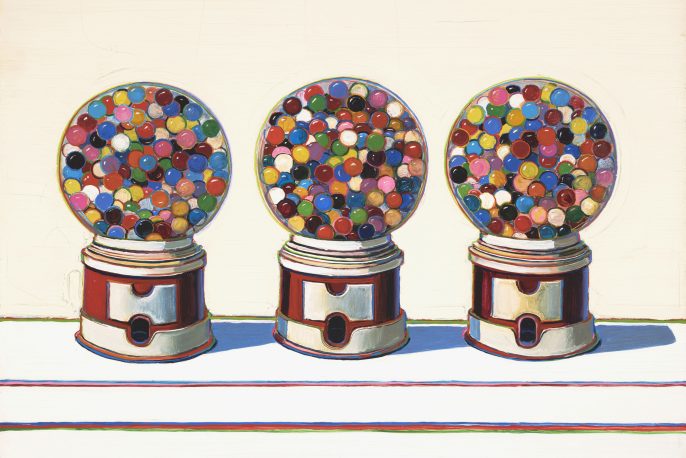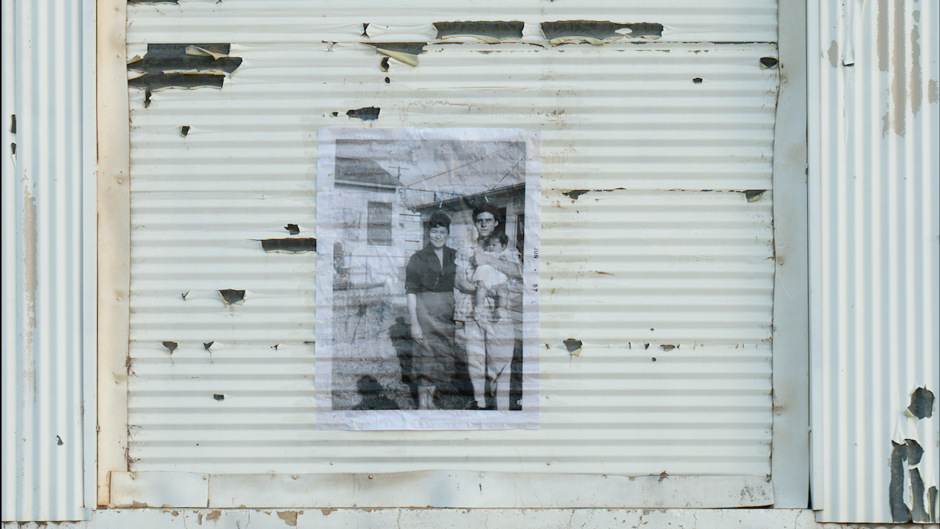As laws governing the freedom of expression and right to occupy space continue to change, artists continue to anticipate the presence of police and the consequences of arrest, especially when creating confrontational or participatory performance and conceptual work beyond art-sanctioned spaces. How has the anticipation of punitive encounter taken shape materially and temporally in conceptual art? Relatedly, in what ways has the mis- or under-recognition of the racialised, gendered, and sexualised conditions of artists’ differing vulnerability to state-sanctioned violence contributed to the normalising of carceral relations in the stories told most often about riskiness and resourcefulness in conceptual art practice?
In this talk, art historian and cultural theorist Faye Gleisser expands upon her book, Risk Work: Making Art and Guerrilla Tactics in Punitive America, 1967-1987 (University of Chicago Press, 2023) to address these questions and their political implications. Through consideration of US-based conceptual performance-based art produced in the 1970s and 1980s, this lecture situates the history of conceptualism vis-à-vis a series of cumulatively intensifying “punitive turns” and the ongoing, present-day expansion of a computerised global policing apparatus. Drawing upon Black feminist and queer of color theories of spatialised power, Gleisser argues that artists’ calculation of policing is a form of tactical knowledge that reveals salient insights into the ways carceral violence shapes the history and interpretation of conceptualism—and how artists offer potential strategies for unlearning and divesting from forms of “carceral humanism” shaping the discipline of art history.
Dr Faye Gleisser (she/her) is Associate Professor of Contemporary Art and Critical Theory at Indiana University, Bloomington, where she is an affiliate of the Center for Research on Race and Ethnicity in Society and American Studies. Gleisser is an interdisciplinary art historian and curator of 20th and 21st century art, specialising in the history and theory of political violence in the U.S., lawfare aesthetics, and expressions of gendered and sexualised raciality in visual art and material culture. Her research has appeared in a number of exhibition catalogues, as well as in Art Journal, Artforum, Journal of Visual Culture, Women & Performance, ASAP/J, and Aperture, and is forthcoming in October and the Journal for Curatorial Studies. Her first book, Risk Work: Making Art and Guerrilla Tactics in Punitive America, 1967-1987 (University of Chicago Press, 2023; winner of the 2024 ASAP Book Prize), analyzes the relationship of policing, state power, and guerrilla art practice in the United States. In her current book project, “The Color of Hormones,” Gleisser attends to the transhistorical entanglements of art, state surveillance, hormonal management, and somatic abolitionist praxis from the 1920s to the 2020s.
Organised by Professor Jo Applin as part of The Courtauld Centre for the Art of the Americas, supported by the Terra Foundation for American Art.
